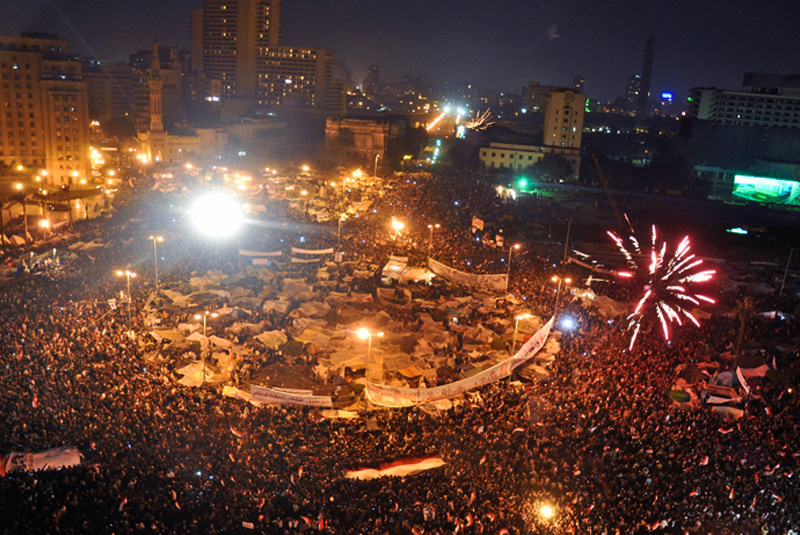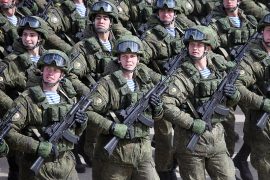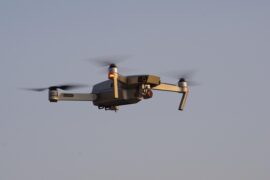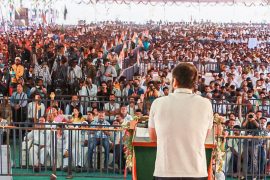The Arab Spring is often conjectured to have been a spontaneous uprising against the authoritarian regimes in the Middle East a decade ago. The consummate veteran-diplomat Ambassador K.P. Fabian’s book, The Arab Spring that was and wasn’t, covered the Arab Spring contagion in detail with interesting perspectives. The author’s conclusions are based on his extensive references and personal interviews of the people during his travels to those countries. His unique narration of developments by the minute gives the reader a feeling of actually seeing events as they unfolded in Tunisia, the fall of Ben Ali; the dismantlement of Mubarak in Egypt; protests in Sudan; unfolding tragedy in Syria and so on.
The Arab Spring trajectory in each country was distinct, with no political underpinnings, notwithstanding the common thread of extended dictatorships and economic misery that bound them. The protests were largely spontaneous. Seeking justice and human dignity from oppressive rule, the youth were willing to die out of extreme frustration. It was when the Armed Forces refused to resort to the use of force against its own people that the rulers realised the end game. We also get a sense of the dynamics in the region during this phase. The Syria-Iran alliance was based on mutual convenience to keep adversaries at bay. The stand-off between the western powers and Russia in Syria prevented the UN-brokered peace. Saudi Arabia and Qatar supported anti-Assad rebel forces for sectarian considerations. Saudi attacked Houthis in Yemen, counting on the support of the US. French President Sarkozy hastened the fall of Gaddafi to avoid any revelations of allegations of bribe-taking from the latter is revealing.
Fabian believes that political reform in the Middle East is far from complete, even though the Arab Spring succeeded in overthrowing regimes. The instant political changes were cosmetic to only cool tempers. He attributes the continuing status quo in the region to the West’s indifference and policy flip-flops. The West invoked the 2005 UN Leaders’ endorsement of ‘the Responsibility to Protect’ across the Arab world to justify NATO intervention. The US’s “pivot to Asia” actually implied a partial military withdrawal from the Middle East and diplomatic disinterest in resolving the crisis situations, as was evident in its silence on the coup against Mossi in Egypt. The US, not being averse to Saddam’s expansionism in the region, even his march into Kuwait initially, is indeed insightful. The author points out that the focus of the West all along had been to only sell billions of dollars of weapons on the pretext of fighting rebels and terrorists and pursuing oil interests.
-30-
Copyright©Madras Courier, All Rights Reserved. You may share using our article tools. Please don't cut articles from madrascourier.com and redistribute by email, post to the web, mobile phone or social media.Please send in your feed back and comments to [email protected]











